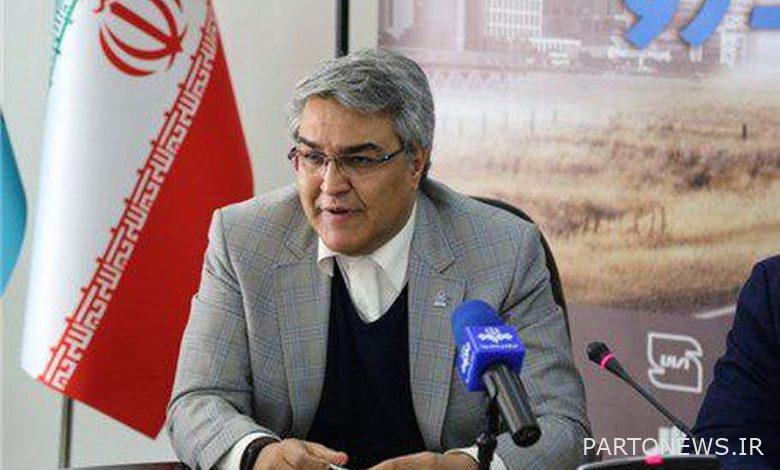We had no choice but to draw cars / Why did foreign car manufacturers leave Iran?

Online Economy – Parham Karimi; Why the gap between the economy of Iran and South Korea, and specifically the automobile industry, has reached this size; Perhaps this is one of the most frequent questions that people always ask. All this while Iran actually started industrialization earlier than South Korea, but now Iran is not even able to control its domestic car market, but South Korea is known as one of the largest car exporters in the world.
Amirhassan Kakaei, a member of the faculty of Iran University of Science and Technology, in a conversation with the online economy, stated why this is the case: Iran’s program in the automobile industry was much more advanced than South Korea’s, and despite significant progress at the beginning, the entry of oil money into The country disrupted this growth. The arrival of large amounts of oil revenues caused politics to prevail over the economy in the country. But on the other hand, South Korea never had such money to spend, and unlike Iran, continuous and sustainable planning was done to achieve economic development in this country, and they reached the place you see now. By the way, during the periods when the country’s oil revenues decreased due to reasons such as the drop in oil prices or economic sanctions, the country was able to better develop through planning.
According to Kakai, another problem in the country’s car industry is investment. In this regard, he said to the Ekhtaz Online reporter: For example, in the electric car industry, we say that we are investing 100 million dollars, while Renault announces an investment of 16 billion dollars. According to this expert, Iran has achieved more industrialization than moving towards an industrial economy.
The car import ban was right, but…
Amir Hassan Kakai said regarding the ban on car imports in 1997 due to sanctions and control of the country’s currency balance: It should be noted that the car ban did not happen in 1397 but in 1396; The sudden import ban in August of 1996 hit the car market and even if such a policy was correct, the way it was applied was so bad that about 19,000 cars were deposited in the customs and recently it was announced that a thousand of them are still left. remained.
In general, the government should have put foreign exchange management on the agenda and did the same. But one should distinguish between politics and the way politics are applied. In short, the import ban was correct in that year, but it should have been better managed.
Why did foreign car manufacturers leave Iran after Trump withdrew from JCPOA?
The next thing was the reappearance of foreign car manufacturers such as Peugeot, whose exit from the country’s car industry had a big impact on the production and quality of domestic cars.
In this regard, Amir Hassan Kakaei said: At the time these car manufacturers entered the country, about 200 million euros of goods and equipment were imported into the country, which was a good guarantee for the domestic car manufacturers. But the American sanctions were so strong that foreign car manufacturers left the country in tears. In fact, the investment that foreign car manufacturers made at that time led to the entry of a new platform into the country, and its ownership was completely given to Iran, and the technology was also imported to the country.
Stating that the automobile industry involves about 50 other industries, Kakaei said: “By entering the world market, if the agreement is not disrupted, the automobile industry of our country would have a bright future.”
But the problems of the automobile industry are also related to other industries such as steel sheet manufacturing and paint, in which we have both quantity and quality problems.
In general, a major part of our technology was rebuilt in those two years, and the sanctions did not allow our component manufacturing to keep up with this progress.
Kakaei further stated that if you sanction countries like Japan and Korea like Iran, their circulation will eventually reach zero within a month.
Lottery was the fairest method in a great injustice
Kakai believes that we had no other way at that time. He went on to say that the problem was from somewhere else. In 1997, a big mistake that has continued until this moment happened in the name of mandatory pricing, and not only did it not control the market, but the automobile industry suffered heavy losses and had no money left for development. The difference in prices formed as a result of the implementation of these policies disrupted the market, and sometimes 150% profits were allocated, causing the brokerage market to intensify. According to Kakai, lottery is the fairest method in a great injustice.

